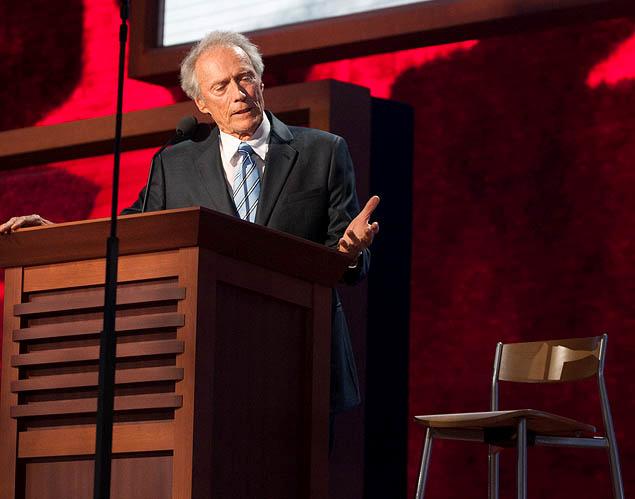Why Clint Eastwood’s RNC Speech Is a Model For Brand Journalism
It was authentic, unscripted, imperfect — just like the best brand storytelling
Everybody’s talking about the great Clint Eastwood’s speech last night at the Republican National Convention — man, what an unexpected stem-winder!
What was great about it is that it was genuine and unscripted, authentic communication, just like the best brand storytelling.

Clint Eastwood speaks at the 2012 RNC convention / NYDailyNews
Take a look at this, my favorite quote from the speech, one I think may rank with “Let freedom ring …” and “of the people, by the people, for the people” in the annals of transformative moments in American oratory:
“I mean, what do you say to people? Do you just — you know — I know — people were wondering — you don’t — handle that OK. Well, I know even people in your own party were very disappointed when you didn’t close Gitmo. And I thought, well closing Gitmo — why close that, we spent so much money on it. But, I thought maybe as an excuse — what do you mean shut up?”
Now, the naysayers and obsessive fact-checkers in the media will no doubt focus on how “disjointed” and “inarticulate” his words were. But hey, the guy’s 82 — give him a break! Second, most people are tired of scripted, focus group-tested lines and speeches and politicians like Barack Obama, George W. Bush, Bill Clinton, George H.W. Bush, Ronald Reagan, et al, relying on teleprompters and speeches written by “speechwriters” for their supposed “eloquence.”
They just don’t get it. What we’re discovering at Brand Journalists — and what smart political consultants are realizing this morning — is that people in today’s society long for real stories told by real people in a way that reflects their priorities, values and thought processes. People want the real deal – human stories complete with all the flaws. A scripted, teleprompted, logically flowing political speech is just like a traditional marketing piece. It is flawless, one-sided and lacks an authentic, conversational style.
People don’t want perfect; they want real.
Eastwood shot from the hip and sounded like any interesting person you might run across at the bus stop or corner bar during your day. That’s why his speech is the one people will remember more than any other this political season. People tune out anything they think is “crafted” or “scripted.” Eastwood was real, and real is what people crave.
It’s what we aim to do every day here at Brand Journalists for the companies we write about, and it’s why people all over the country have responded so favorably to Eastwood’s speech. I think we might be on the threshold of a new kind of political communication, one that adopts the same lessons of authentic human storytelling that have made brand journalism such a disruptive force for business communication.
It might not be too long before we see a presidential candidate give a convention acceptance speech that borrows from Clint’s fresh, invigorating style. And wouldn’t you put more trust in a company CEO who spoke like your kind-hearted, slightly befuddled granddad instead of a slick Gordon Gekko type?
“I mean, why aren’t you people buying my product? What the heck was that, a bat? Are bats flying around this time of year? It’s a pretty doggone good product. Bill and Tim — or Steve? I don’t know — I lose track sometimes — anyway, they’re good people down at the lab. You, chair. You’re a nice chair. I like the way you have all four legs. We have a special this month, y’know. Doggone it, I have to pee again. I drink too much coffee.”
Authentic communication. Just as it’s the difference between phony promises of hope and change and real politics for real people, it’s the distinction between ordinary public relations and genuine brand journalism.
Want to make a meaningful connection with your audience? Just speak from the heart and don’t even bother to prepare your remarks. If you’re writing something, just let the words pop right from the surface of your brain to the page; don’t overthink your ideas! Today, perfection is the enemy of effective communication.
Try it sometime. What you lose in style and grammar points you might just gain in authenticity — and you’ll have a much better chance of breaking through the noise and setting yourself and your brand apart.
What’s your company’s story?

